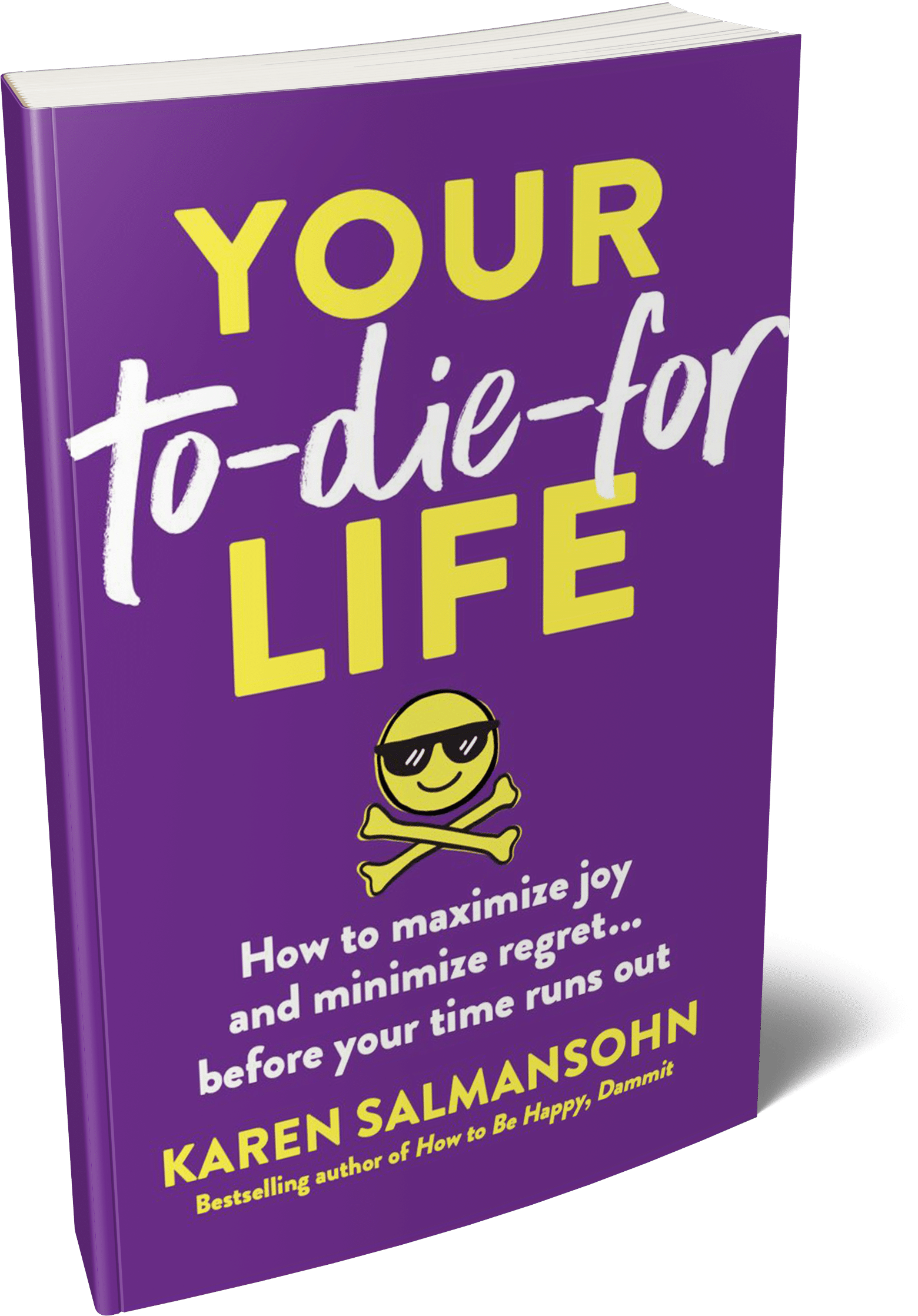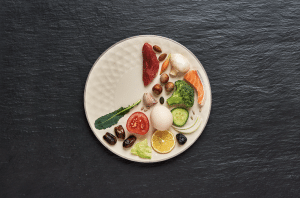
Get A Sneak Peek at my book “Your To-Die-For Life”!
Get a FREE sneak peek! Learn how to use Mortality Awareness as a wake up call to live more boldly.
 So you finally found a sweet spot for your intermittent fasting. After much trial and error, you have trained yourself to stop eating by 8:00 PM. You feel like a superstar because you are in control of your life. You’ve lost some weight, and don’t feel like you are sacrificing too much to keep going.
So you finally found a sweet spot for your intermittent fasting. After much trial and error, you have trained yourself to stop eating by 8:00 PM. You feel like a superstar because you are in control of your life. You’ve lost some weight, and don’t feel like you are sacrificing too much to keep going.
Just when you think you’ve become the master of your domain, you’ve been invited to a night out with friends. You begin to wonder does wine break a fast. Will partaking in a couple of cocktails ruin your hard work? I’m here to help explain it all!
I’m sharing this info because I am bestselling wellness author.
I founded a nutritionist recommended online program called The Stop Emotional Eating Course.
I love sharing insights and techniques to help people to enjoy a healthier lifestyle.
With this in mind, I put together this quick guide – sharing the straight facts about intermittent fasting and drinking alcohol.
Will Tonight’s Drinking Spoil Your Intermittent Fast?
Alcohol contains calories just like proteins, carbohydrates, or fats. All calories are metabolized by the liver. When alcohol is present in the body, the liver prioritizes metabolizing the alcohol over glucose or fatty acids. This process disrupts the body’s state of fasting. So the body depends on the energy created by the alcohol instead of your stored energy, thus your fast is broken.
Small amounts of alcohol may quickly add up to a large number of calories. Social situations often create an environment in which having three or four drinks is perfectly acceptable. However, do you know how many calories you are actually consuming?
Average Calories
Be mindful of your caloric deficit. A night out drinking also creates a greater likelihood of late-night eating or overeating. Even if you drink moderately, consuming alcohol can put you in a position for unplanned snacking. Whether you prefer sweet or savory, eating while intoxicated can ruin your diet.
Many people don’t realize the degree to which dehydration wreaks havoc on the body. One of the main causes of a hangover is dehydration. This can cause you to wake up the morning after drinking with a headache, dizziness, or fatigue. This happens because alcohol inhibits the kidneys from reabsorbing water. Instead, the body flushes fluids that it would normally use to retain a desired level of hydration.
Proper hydration is an important factor in overall health. When trying to lose weight maintaining hydration helps the body to increase your metabolic rate. This is responsible for the rate at which you burn calories. Even mild dehydration may be enough to derail your weight loss journey and use of intermittent fasting. If you ever wondered why, you make several trips to the bathroom during a night of partying, it’s because alcohol is a diuretic.
You can combat dehydration by; limiting alcohol consumption, drinking a glass of water for every alcoholic beverage you have, eating a healthy meal before consumption of alcoholic drinks, or replacing your electrolytes with a sports drink or coconut water.
There is a reason that people tend to eat unnecessarily after the last call. Impaired judgment leads to poor decisions like ordering greasy foods. It is no surprise that many diets are ignored when you are feeling tipsy.
Drinking can make it harder to stick to your fasting schedule and stay focused on your weight loss goals. Things that are important to you tend to go the wayside when you are feeling buzzed. All you are left with the morning after is a hefty dose of regret. Next time you indulge, remember that alcohol can trigger hunger causing you to crave food from your list of no-noes.
If you are going to imbibe, choose the best booze for your intermittent fasting window. Instead of sugary cocktails with fruit juice or sugar-filled mixers, keep it simple. If liquor is your cup of tea, choose clear liquors i.e., vodka, tequila, or gin. Dark liquor like whisky, scotch, or bourbon has congeners.
Congeners are a naturally occurring minor compound in alcohol that can create intensified symptoms of a hangover. Go for soda water instead of tonic or ginger ale, it’s a great way to save calories. You can even have your drink straight up or on the rocks. Allocate your calories to the alcohol, not the mixer. If you do choose a cocktail ask for extra ice, this will increase the amount of water you’re combining with your adult beverage.
If a brewski is more your style, there are many light beers available. Even though beer is mostly made of carbohydrates, choose from the range of low-carb options. You might even consider a non-alcoholic beer. They are a great way to socialize and feel part of the group, without feeling guilty the next day. Nights out can get pretty wild when someone orders shots. Be mindful that rounds of shots can come fast and furious before you know it you and your crew are down a few of these shooters each coming in at about 100 calories.
If you are keeping it classy with a glass of wine, go for white as opposed to red. A bottle of Blanc will give you less of a hangover than a Burgundy or Pinot Noir.
You can enjoy drinking and not wreck your intermittent fasting diet. All you need is a bit of thoughtful planning to have your cake and eat it too!
The moral of this boozy blog is that sipping on your favorite drink can be detrimental to your intermittent fasting weight loss journey. It can derail your fasting, kickstart dehydration, ignite late-night munching, and pack on the calories. However, don’t empty your liquor cabinet quite yet! Yes, drinking makes it harder to stick to your plan but, a little strategy goes a long way. Go for low-cal options, pair water with your alcohol, and drink during your designated eating window.
Explore my nutritionist recommended self paced program: The Stop Emotional Eating Course.
P.S. Before you zip off to your next Internet pit stop, check out these 2 game changers below - that could dramatically upscale your life.
1. Check Out My Book On Enjoying A Well-Lived Life: It’s called "Your To Die For Life: How to Maximize Joy and Minimize Regret Before Your Time Runs Out." Think of it as your life’s manual to cranking up the volume on joy, meaning, and connection. Learn more here.
2. Life Review Therapy - What if you could get a clear picture of where you are versus where you want to be, and find out exactly why you’re not there yet? That’s what Life Review Therapy is all about.. If you’re serious about transforming your life, let’s talk. Learn more HERE.
Think about subscribing for free weekly tools here.
No SPAM, ever! Read the Privacy Policy for more information.